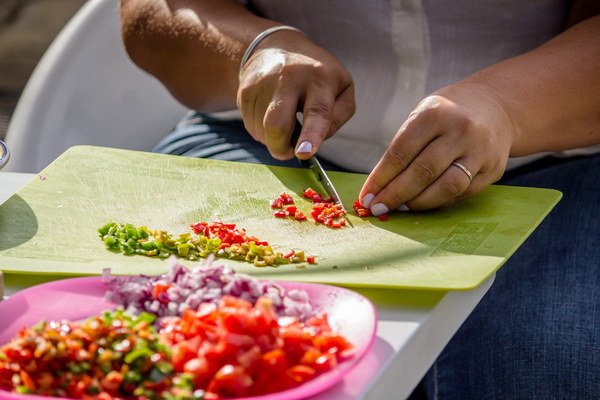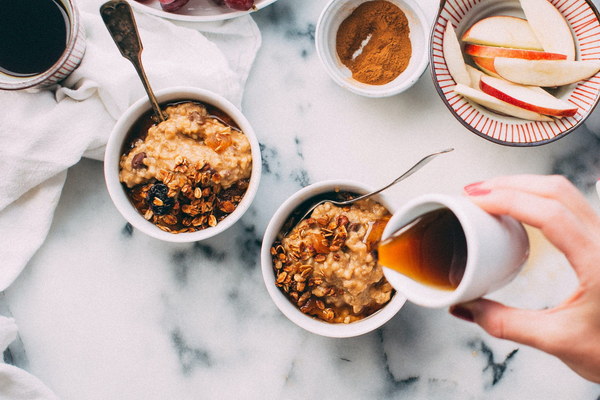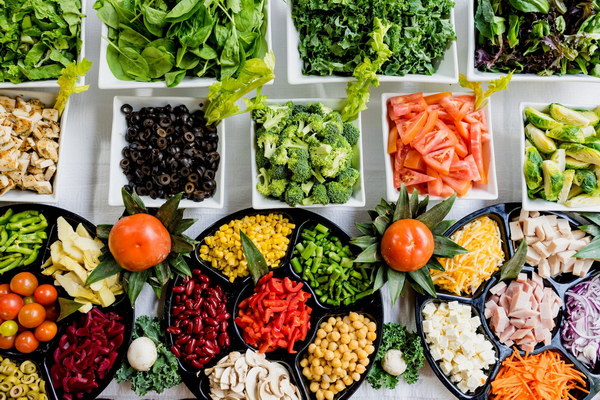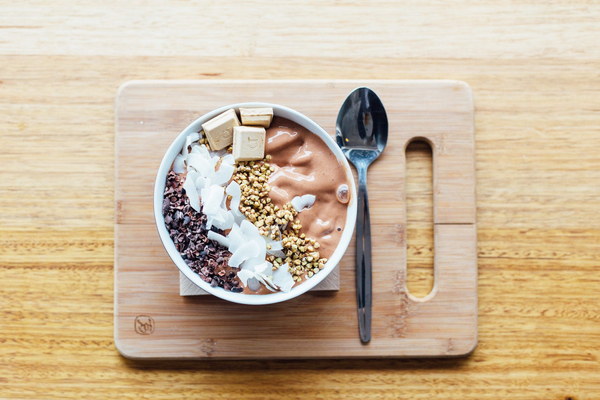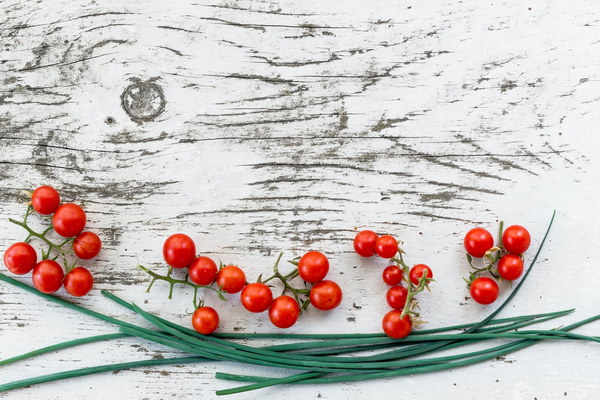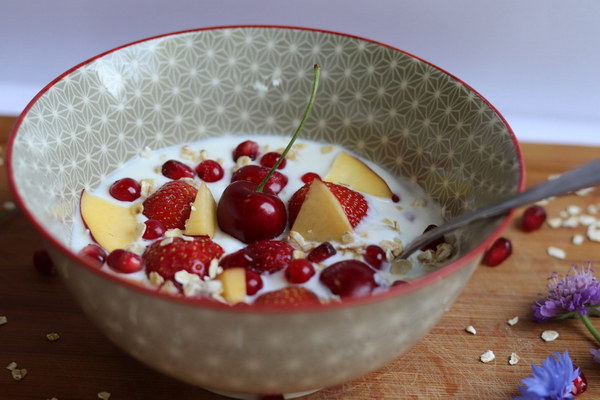GutHealthy Delights Top LowPurine Foods for a Soothing Diet
Embarking on a low-purine diet can be a game-changer for those with conditions like gout or kidney disease, as high levels of purines can lead to inflammation and discomfort. The good news is that there are plenty of delicious, low-purine foods that are not only gentle on the stomach but also packed with essential nutrients. Let’s explore some of the best options to incorporate into your gut-friendly diet.
Introduction to Low-Purine Foods
Purines are naturally occurring substances found in many foods, and when they break down, they can lead to increased uric acid levels, which can be problematic for individuals with certain health conditions. By focusing on low-purine foods, you can enjoy a variety of dishes without the risk of exacerbating your symptoms.
Low-Purine Foods: A Culinary Journey
1. Leafy Greens
Leafy greens such as spinach, kale, and Swiss chard are not only rich in essential vitamins and minerals but also low in purines. These vegetables are perfect for salads, smoothies, or steamed to perfection.
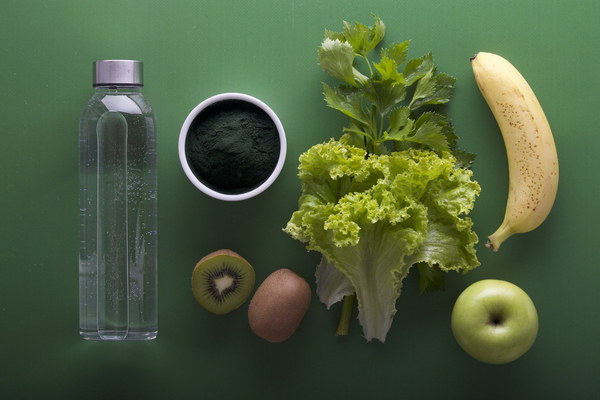
2. Fresh Berries
Berries like strawberries, blueberries, and raspberries are not only delightful to eat but also have a low purine content. Enjoy them fresh, frozen, or as part of a healthy dessert.
3. Cabbage
Cabbage is a versatile vegetable that can be used in a variety of dishes, from coleslaw to sauerkraut. It’s low in purines and high in fiber, making it an excellent choice for a soothing diet.
4. Avocado
Avocado is not only a healthy fat source but also low in purines. Use it in sandwiches, smoothies, or as a dip for raw vegetables.
5. Grains
Whole grains like brown rice, quinoa, and oatmeal are low in purines and can provide a hearty base for your meals. They’re also rich in fiber, which is beneficial for gut health.
6. Nuts and Seeds
Nuts such as almonds, walnuts, and seeds like sunflower and pumpkin seeds are great for snacking or adding texture to salads. They contain healthy fats and are low in purines.
7. Legumes
Legumes like lentils, chickpeas, and black beans are excellent sources of plant-based protein. They are also low in purines, making them a great addition to soups, stews, or salads.
8. Fruits
Fruits like oranges, apples, and grapes are not only low in purines but also high in vitamin C, which can help reduce uric acid levels. Enjoy them as a snack or incorporate them into your meals.
9. Dairy Products
Certain dairy products, such as skim milk and low-fat cheese, are also low in purines. Include them in your diet in moderation for added calcium and protein.
10. Lean Proteins
Lean proteins such as chicken breast, turkey, and fish are low in purines and can be a nutritious part of your diet. Opt for baking, grilling, or steaming to minimize added fats.
Tips for Preparing Low-Purine Foods
When preparing low-purine foods, it’s important to cook them in a way that minimizes inflammation and discomfort. Here are a few tips:
- Steam or sauté vegetables to retain their nutrients and reduce purine content.
- Bake or grill lean proteins to avoid the added fats from frying.
- Choose low-fat dairy options to reduce the risk of inflammation.
- Incorporate healthy fats from nuts and seeds, but do so in moderation.
Conclusion
Incorporating low-purine foods into your diet doesn’t have to be restrictive or boring. By exploring a variety of fruits, vegetables, grains, and proteins, you can create a flavorful and nourishing meal plan that supports gut health and helps manage purine-related conditions. Remember to consult with a healthcare professional before making significant changes to your diet, especially if you have specific health concerns. With a little creativity, a low-purine diet can be both soothing to your stomach and satisfying to your taste buds.
